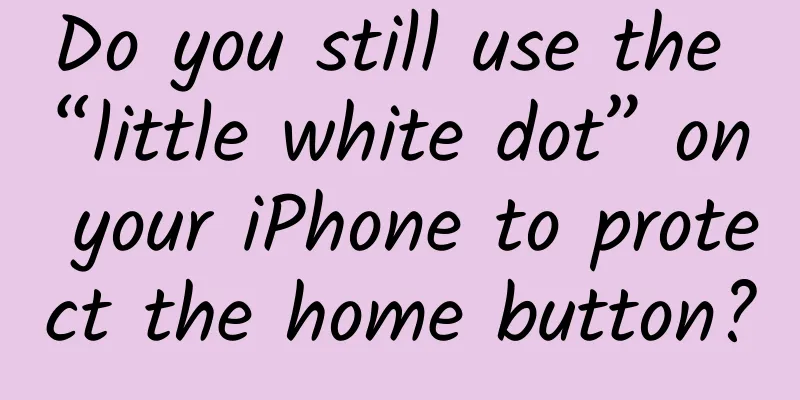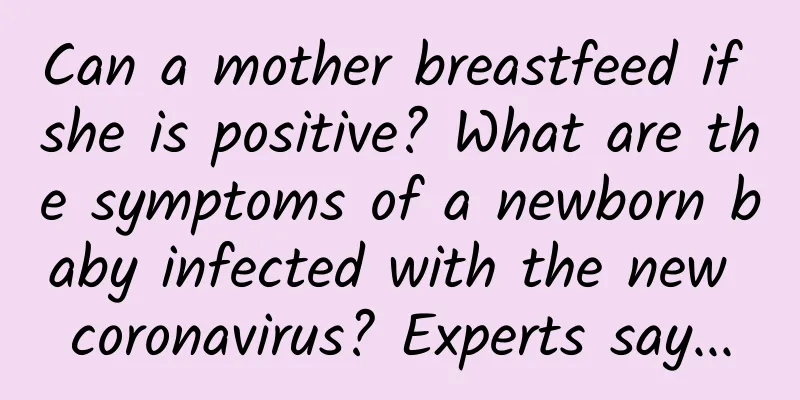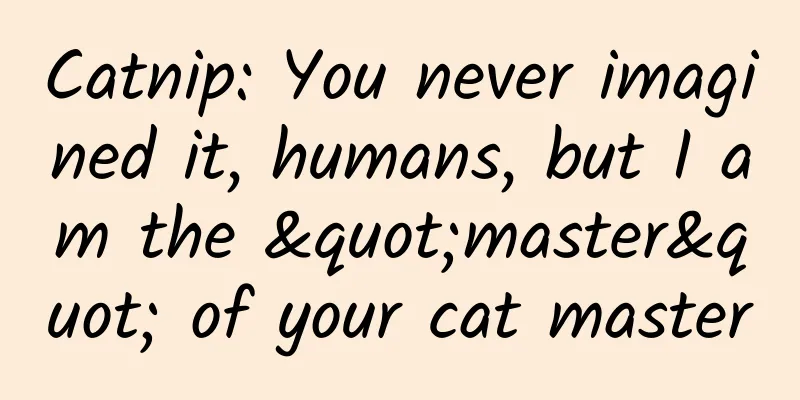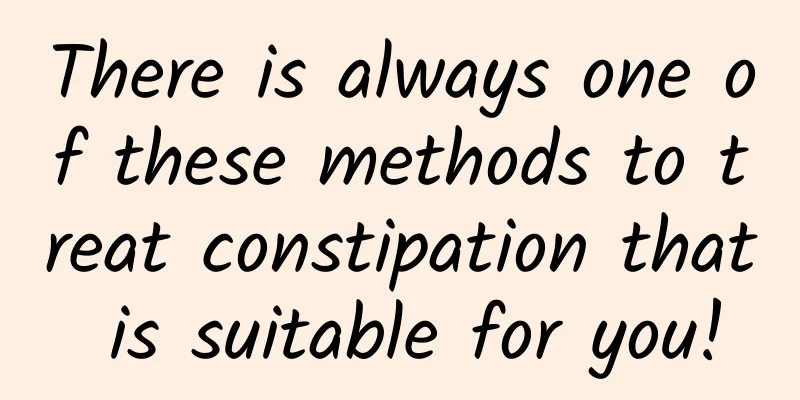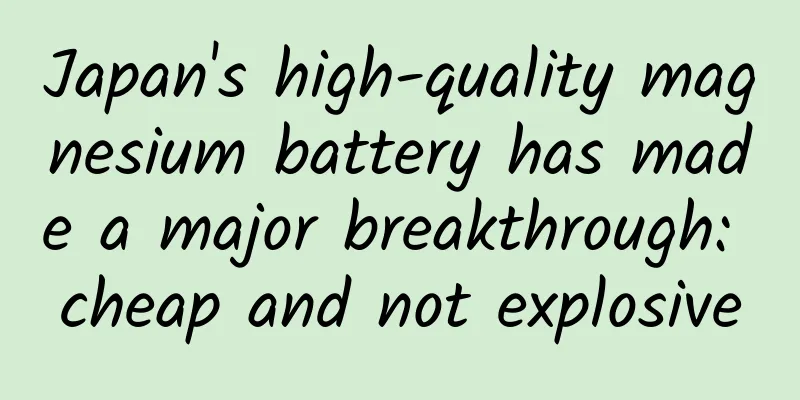Must-have collection! Don’t let the “angel” turn into a “killer”, experts will help you unlock the safety guide for your home medicine cabinet
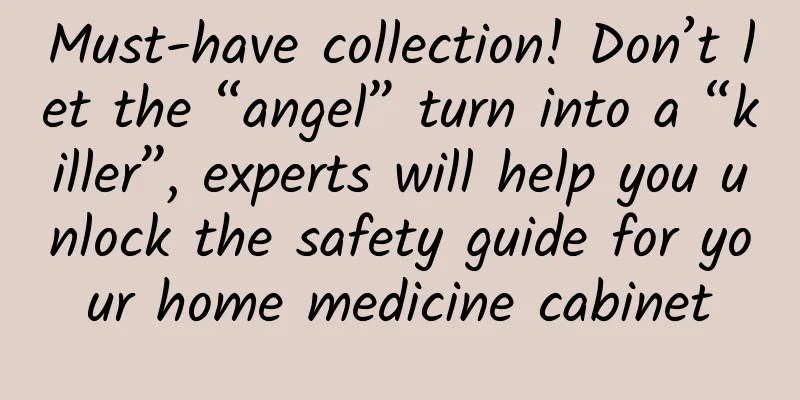
|
Taking medicine is like walking on a tightrope. Once you slip, the consequences can be disastrous. The Department of Critical Care Medicine of Hunan Provincial Second People's Hospital (Provincial Brain Hospital) often welcomes some "special visitors" - patients suffering from drug poisoning. Some people increase the dosage of medicines used to treat their illnesses, some feed their grandchildren antihypertensive drugs as candy beans, and some mistakenly take expired cold medicines. These "angels" who are supposed to cure diseases and save lives can easily become "invisible killers." Today, Lv Xuewen, director of the Department of Critical Care Medicine at Hunan Provincial Second People's Hospital (Provincial Brain Hospital), will take you to unlock the safety guide for your home medicine cabinet. First, we need to identify what situations indicate drug poisoning. Quick review of poisoning signals 1. Gastrointestinal reactions: vomiting, diarrhea (like eating spoiled food) 2. Neurological alarms: dizziness, hallucinations, convulsions (as if drunk) 3. Skin emergency: rash, itching (allergic reaction lights up red) 4. Silent killer: After an overdose of certain antihypertensive drugs, there are no symptoms in the early stages, and then sudden coma occurs! Second, if drug poisoning is suspected, what can family members do? Remember the three steps of family first aid - race against time Here we take the example of a child who accidentally swallowed his grandmother's hypoglycemic medicine. 1. Keep calm 1) Do not induce vomiting of strong acid/alkaline drugs (such as toilet cleaners). Vomiting will cause secondary burns to the esophagus. 2) Take photos for evidence: medicine boxes, remaining pills, vomit (to help doctors quickly identify the poison). 2. Golden Hour When calling 120, it was clearly stated: "A 3-year-old child accidentally took 10 tablets of acarbose, weighing 15kg, and is drowsy!" (Accurate information = life-saving accelerator) 3. Detoxification technology: Keep medical activated carbon at home (ordinary barbecue charcoal is ineffective!), which has an adsorption effect on most drug poisoning (must be taken within 1 hour of poisoning). At the same time, it can be used when the type of drug is clear: 1) Milk: Fights against heavy metals and corrosives 2) Vitamin C tablets: neutralize nitrite 3) White sugar water: Relieve hypoglycemia drug poisoning Professor Lu Xuewen reminds everyone that no matter what kind of drug poisoning occurs or what method of detoxification is used, medical treatment should be sought promptly. Third, build a "foolproof" family medicine cabinet - put a smart lock on the medicine 1. Password-locked medicine box: Choose an electronic medicine box that can be set to unlock at a certain time (such as a health medicine box) to prevent patients from taking excessive medications impulsively. 2. Packing tool: Use a 7-grid medicine box marked "Monday to Sunday", with a built-in medication check-in sticker in each grid (patients can stick stars on it after taking the medicine). 3. Zoning management method: You can buy some labels to separate adult medicines (red labels) and children's medicines (green labels), and at the same time place oral medicines (upper layer) and topical medicines (lower layer) in layers. For drugs with a high risk of overdose death, such as tricyclic antidepressants (such as amitriptyline), store them in the medicine layer of the refrigerator with a fingerprint lock, and lock antihypertensive drugs, hypoglycemic drugs, and sleeping pills separately. 4. For expired medicines: Do not flush them down the toilet! Mix them with coffee grounds/cat litter and seal them before discarding (environmentally friendly and prevents accidental collection). 5. You can also use the medication reminder app: set a "meds check-in" alarm to automatically record the time you take the medicine, or use an electronic medicine box to automatically record the time you open the box (to prevent duplicate medication). If you are a family member of a patient with a mental or psychological illness, you can check yourself every day to see if the number of pills is consistent with the expected consumption, observe whether the empty medicine plates are torn off in date order, and pay attention to whether the patient frequently locks the door or goes to the bathroom to take medicine. You should also be alert to red alert situations such as the patient suddenly asking to keep all the medicines by himself, hiding pills in the interlayer of books/cosmetic boxes, and "forgetting" to take medicine many times, resulting in repeated medication. Finally, Lv Xuewen, director of the Department of Critical Care Medicine at the Second People's Hospital of Hunan Province (Provincial Brain Hospital) , reminded everyone: Preventing drug poisoning is essentially a "battle for attention" - making the medicine box "invisible" and making safety "visible". Once a drug overdose occurs, please go to a regular hospital in time to avoid delaying the golden opportunity. Hunan Medical Chat Special Author: Gao Huan, Department of Critical Care Medicine, Hunan Second People's Hospital (Provincial Brain Hospital) Follow @湖南医聊 to get more health science information! (Edited by YT) |
<<: An expelled "planet": What did Pluto offend?
Recommend
Sniping Samsung, why does Skyworth dare to say that curved LED TVs are a technological regression?
How thin can a TV be? With the launch of Skyworth...
Blood pressure is high during physical examination? At such a young age, you may have the same "fatal" thoughts as him, and the consequences are serious!
Xiao Li is 38 years old this year, in the prime o...
Some are happy, some are sad, there are big winners on 315, 3 mobile phone manufacturers do a good job in privacy protection
Every year, March 15 becomes a nightmare for busi...
iOS 15.2 is not perfect yet? iPhone storage space still has bugs, here are four solutions
I believe many people have had this experience: e...
How to avoid lightning correctly?
Where is it easy to be struck by lightning? How t...
What? When the ancients created Chinese characters, they actually made these "wrong" characters?!
When talking about Chinese characters, one can of...
World Economic Forum: 2023-2024 Fourth Industrial Revolution Network Center
The World Economic Forum has released its report ...
A brief history of Zhihu 2: How to iterate products in a community with more than 60 million users
From products like WeChat and Zhihu, I feel that ...
It’s heartbreaking that a woman fell from a building after being cyberbullied. How should we build a “psychological firewall” in the face of verbal abuse?
It’s heartbreaking that a woman fell from a build...
BMW wants to keep things simple to offset R&D costs
According to foreign media reports, BMW Chief Fin...
GAC Toyota: In March 2025, GAC Toyota's sales reached 66,066 units, a year-on-year increase of 19.3%
Recently, GAC Toyota officially announced that it...
The media dug deep into the iOS 17 Beta 4 code and found that the new Action button of iPhone 15 Pro supports nine customization options
On July 27, foreign technology media MacRumors du...
What details should be paid attention to in SEM bidding?
Detail 1: Keyword accuracy. The core theme of SEM...
